What You Need To Know About Bee Propolis – 6 Powerful Healing Properties of Bee Propolis
What You Need To Know About Bee Propolis – 6 Powerful Healing Properties of Bee Propolis
Overview
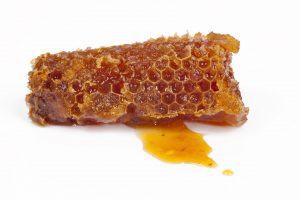
Bee propolis is basically a mixture of bee saliva, beeswax, and resins gathered from various flowers and trees. Its composition is incredibly complex and can vary a lot from hive to hive and from region to region, depending on the type of flora, climatic conditions, and geographical location of the area, among other things. In raw form, this substance contains about 50% tree resins, 30% beeswax, 10% essential oils, 5% bee pollen, and 5% other organic compounds.
What is bee propolis, and what is it used for?
The word propolis literally translates from Greek as “in defense of the city.” The name comes from the fact that bees make this material primarily as a defensive structure to seal cracks and gaps in their hives. This serves some important functions: first, it protects bees from parasites and predators; second, it provides thermal insulation and minimizes the effect of weather events; third, its antimicrobial and disinfectant effect protects the colony from infections caused by bacteria, viruses, and fungi. Its sticky, waxy texture also helps reinforce the structural integrity of hives.
Sometimes, bees also use propolis to mummify an intruder that is large enough for them to drag out, making the carcass odorless and harmless. Interestingly, historical evidence suggests that ancient Egyptians employed this substance for a similar purpose of mummification.
Benefits and traditional uses of propolis
Being a unique combination of resins that are collected from a wide variety of medicinal plants, bee propolis is immensely rich in bioactive compounds. It also contains fatty acids, amino acids, vitamins, minerals, and enzymes. While the exact chemical composition depends on a lot of factors, scientists have identified as many as 300 healing compounds in this substance. Propolis is particularly rich in flavonoids that neutralize free radicals and reduce inflammation, providing protection against various chronic conditions. Studies have reported bee propolis and its extracts to have antioxidant, antimicrobial, immune-boosting, wound-healing, anti-cancer, anti-diabetic, anti-inflammatory, and digestive effects.
1. Promotes faster healing of wounds
Plants produce resin to protect themselves from infections and to heal injuries. The primary function of resins is to disinfect wounds and rapidly seal them. About half of bee propolis is composed of these soothing liquids, while the other half is a combination of beeswax and essential oils, making it a powerful anti-inflammatory agent when applied topically on the skin. Historically, bee propolis has been used as a home remedy for burns, scrapes, cuts, wounds, and skin irritations.
Research shows that pinocembrin, a type of flavonoid found in bee propolis, can soothe acute inflammation around injuries and accelerate cell regeneration, making new skin appear faster. Propolis also works as an antiseptic to ward off bacteria and viruses that may enter the body through an open wound.
2. Strengthens the immune system
Commonly available in the form of tablets and capsules, bee propolis is also sometimes used as a dietary supplement to boost general immunity against common colds and seasonal infections. Studies have shown that all types of bee propolis, irrespective of their botanical origin, contain antimicrobial properties. This wondrous bee resin has been shown to prevent bacterial cell division and inhibit their genetic coding, therefore impairing the ability of microbes to multiply and grow inside the body.
In one study, bee propolis demonstrated antibacterial, antiviral, antiparasitic, and antifungal activity against a wide range of pathogens that cause digestive problems and respiratory infections. Taken as a supplement, it supports a healthy gut microbiome (by preventing the growth of harmful gut bacteria) and lowers oxidative stress so that your immune cells can function optimally. This means that just like propolis protects bees from infections, it enforces and stimulates the immune response of humans, too!
3. Calms respiratory allergies
Bee propolis is a natural antihistamine that can provide relief from allergic conditions like asthma, rhinitis, bronchitis, and sinusitis. Study shows that taking this resin regularly for two weeks can lower airway inflammation and reduce hypersensitivity to common allergens, controlling symptoms like sneezing, coughing, or stuffy nose.
In one study, asthma patients who took bee propolis for 2 months showed reduced frequency and severity of nighttime attacks. Bee propolis has been shown to lower the levels of important inflammatory markers in the body, including prostaglandins, cytokines, and leukotriene chemicals. Experts believe that this may be due to the overall healing effects of propolis, which include supporting the immune function, minimizing free radical damage, and maintaining optimal gut health.
4. Complementary therapy for cancer
Studies have shown that propolis can inhibit the growth of cancerous cells and induce apoptosis (programmed cell death) in them. It also blocks signaling pathways of specific oncogenes – genes that contribute to a normal cell becoming cancerous – thus reducing the chances of developing tumors in the first place.
Research suggests that due to its anti-tumor properties and its ability to scavenge free radicals, propolis can enhance the effectiveness of chemotherapy. Moreover, flavonoids found in this substance have also been shown to protect healthy cells against the toxicity of cancer therapies and radiation. Currently, this medicinal bee resin is being explored as a promising complementary therapy for cancer.
One study reported Chinese propolis to help induce apoptosis in breast cancer cells. Algerian propolis and Turkish propolis have also been reported to help in the treatment of melanoma and lung cancer, respectively.
However, experts point out that research in this area is limited to animal models and isolated cell cultures, and large-scale human studies are needed to understand the exact role of bee propolis in cancer prevention and treatment.
5. Helps treat cold sores and genital herpes
Research suggests that the antiviral activity of bee propolis may help provide relief from cold sores (oral herpes) and genital herpes, both of which are caused by the herpes simplex virus. A recent 2022 review of nine studies found the healing effects of propolis to be superior to acyclovir, an antiviral medication used to treat widespread herpes infections. Researchers also found that topical application of propolis complements and works synergistically with acyclovir.
In one study, applying bee propolis three times a day was shown to help reduce the number of herpes viruses in the body, which resulted in participants healing faster than those who did not use the treatment. Experts recommend using an ointment with less than 3% concentration of propolis for this purpose.
6. Repairs and rejuvenates the skin
Popularly used in creams, sunscreens, lipsticks, and skincare products, propolis works as a natural emollient to form a protective barrier on the skin and prevents moisture loss. Its antibacterial and anti-inflammatory abilities help prevent frequent breakouts and soothe irritable skin conditions like redness, pimples, boils, and rashes.
Studies have shown that applying creams with bee propolis can boost hydration, reduce flaking and itching, and improve the quality of life in patients with eczema. Moreover, its extremely gentle nature makes this resin perfectly suitable for those with sensitive or inflamed skin.
Being loaded with antioxidants, propolis reduces and repairs oxidative damage caused by free radicals, UV rays, dirt, and pollution. Research shows that quercetin and resveratrol compounds found in this substance can increase collagen production in the skin. Collagen proteins play a key role in maintaining a strong skin barrier, retaining optimal moisture, and repairing tissues. When used on a regular basis, propolis can improve skin elasticity and help reduce signs of premature aging, dark spots, dullness, and undereye puffiness.
Safety and risks of using propolis
Although bee propolis is generally considered a safe, non-toxic product, it has been known to cause allergic reactions in some rare cases. People who are allergic to honey or bee products should avoid using this resin.
If you are planning to take it as a health supplement, consider speaking to your doctor about dosage and safety. While one study recommended a dose of 1.4 mg/kg of body weight or 70 mg per day, it should be noted that there is no medically approved daily dose of propolis.
One study found high concentrations of propolis to have a carcinogenic effect in humans. When taken in reasonable amounts, it is not known to cause any adverse reaction in humans.
Final thoughts
Bee propolis has wide-ranging health benefits and can be used in a number of ways. Highly esteemed in folk medicines for its restorative abilities, this medicinal resin can help burns and wounds heal faster. It is also commonly taken as a health supplement to boost immunity and prevent chronic conditions, as a topical ointment to treat viral and fungal skin infections, or as a natural emollient to boost skin health.
While the therapeutic properties of propolis are not as extensively studied as that of other bee products like honey or beeswax, studies have demonstrated its antimicrobial and anti-inflammatory effects. Currently, it is being investigated for its effectiveness against dental cavities, cancer, diabetes, and certain viruses.
To Your Health!
References
https://www.ncbi.nlm.nih.gov/pmc/articles/PMC5549483/
https://www.ncbi.nlm.nih.gov/pmc/articles/PMC3872021/
https://www.ncbi.nlm.nih.gov/pmc/articles/PMC6335834/
https://burnstrauma.biomedcentral.com/articles/10.1186/s41038-015-0010-z
https://pubmed.ncbi.nlm.nih.gov/22707327/
https://pubmed.ncbi.nlm.nih.gov/26988443/
https://pubmed.ncbi.nlm.nih.gov/9651052/
https://pubmed.ncbi.nlm.nih.gov/11958612/
https://pubmed.ncbi.nlm.nih.gov/16323293/
https://www.ncbi.nlm.nih.gov/pmc/articles/PMC6893770/
https://www.ncbi.nlm.nih.gov/pmc/articles/PMC4750782/
https://pubmed.ncbi.nlm.nih.gov/34965458/

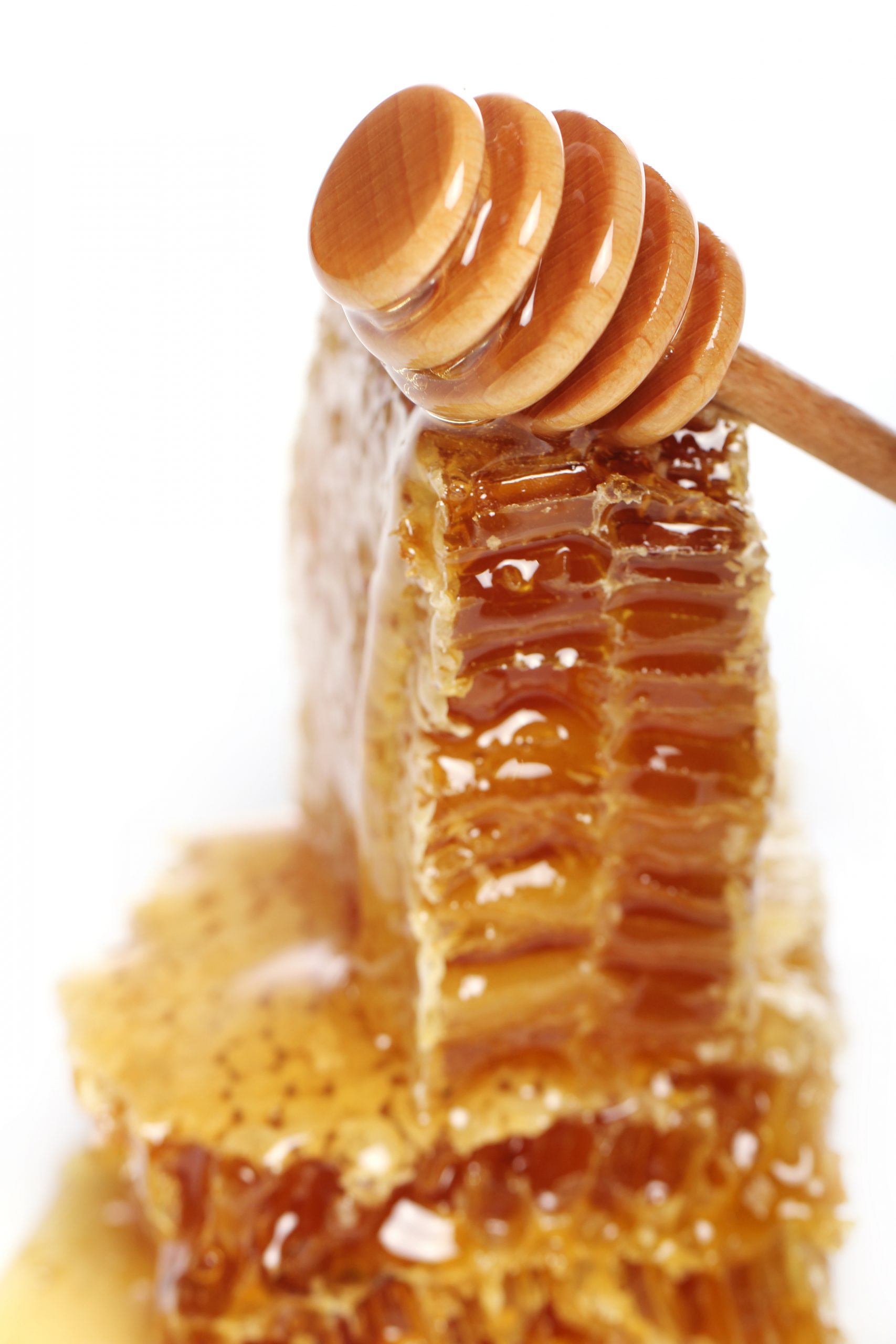


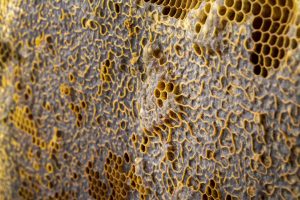
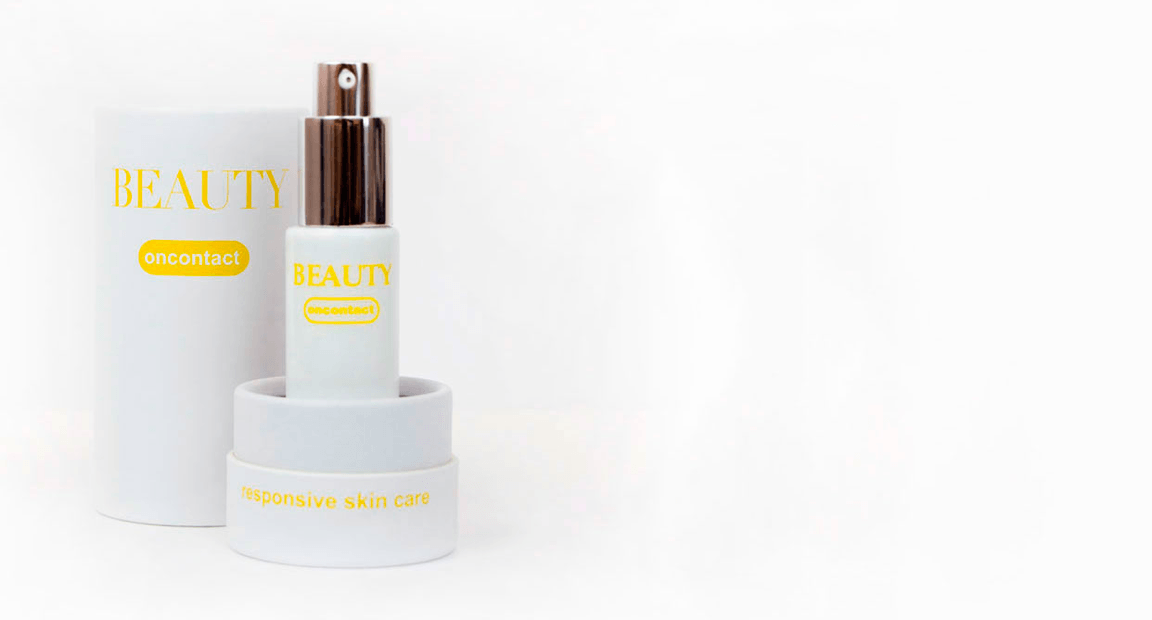
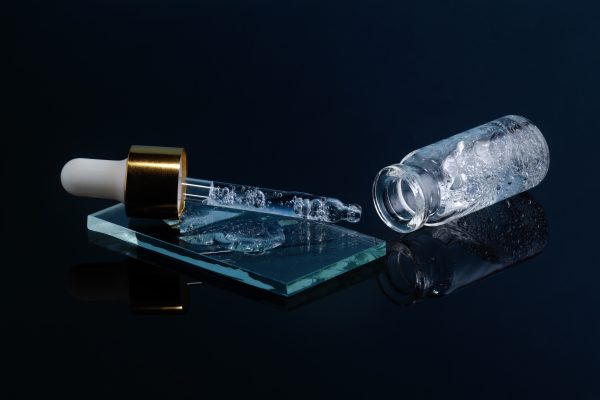


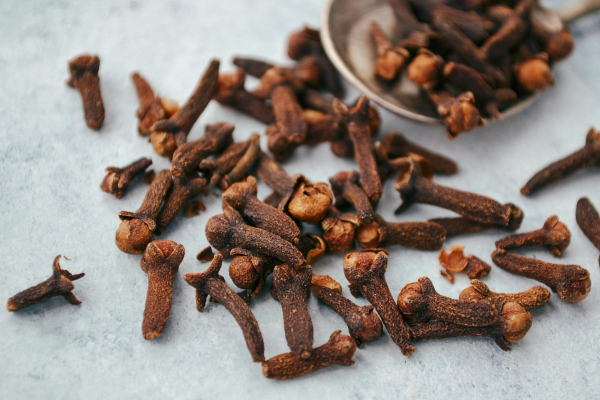
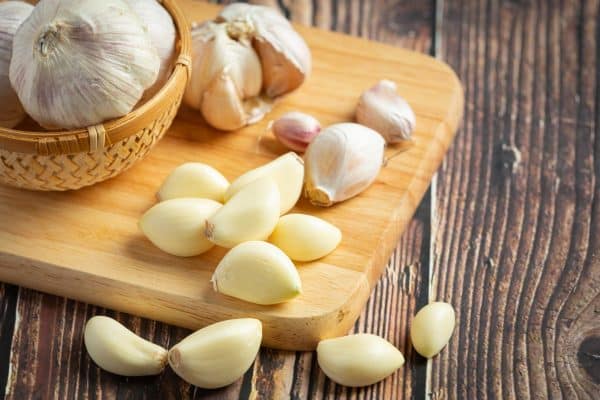
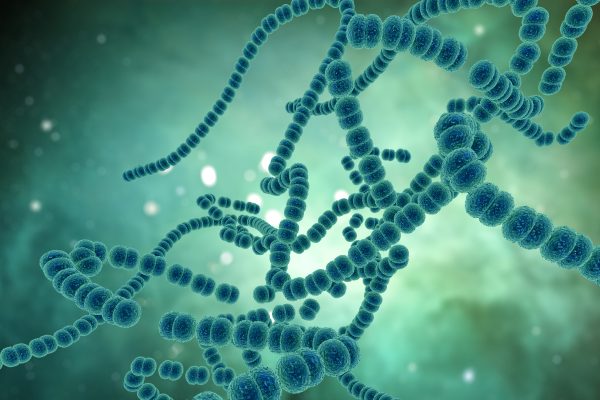



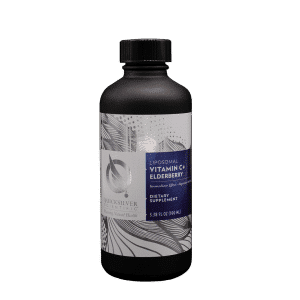
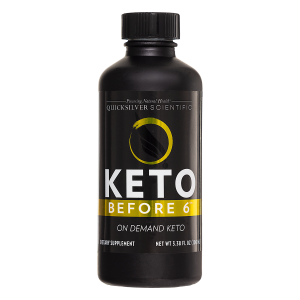
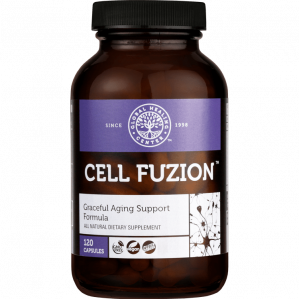











1 Comment
[…] has wide-ranging medicinal properties and uses. Researchers have identified over 200 bioactive compounds in raw forms of honey, the composition of […]